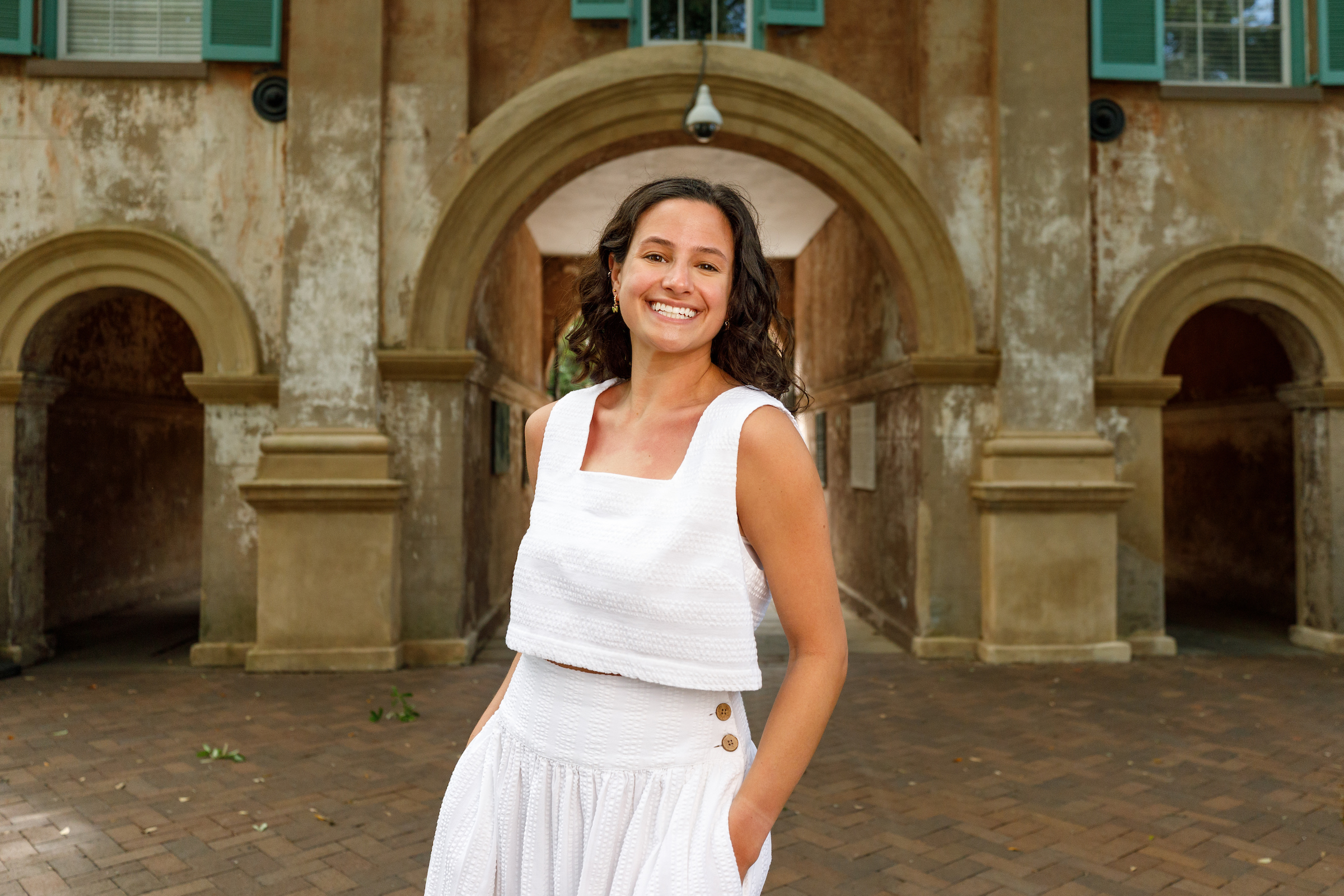Anthropology Major
Study anthropology to understand the sweep and complexity of culture across time and place.
Anthropology, or "the science of humanity," equips you with research, communication, leadership, and collaborative skills. Many graduates go on to succeed in careers in medicine, law, education, policy, preservation, and more.
Why study anthropology at College of Charleston?
The anthropology program at the College of Charleston provides you with a global and comparative understanding of human biological and cultural diversity. Take advantage of an independent study or research opportunity by working one-on-one with faculty. Conduct your research in the Center for Social Science in the Archaeology and Biological Anthropology Laboratory. Explore career opportunities by participating in a field school or an internship locally or abroad.
What will I learn?
In a nutshell, you'll explore what made and makes us human. You'll study the four subdisciplines of anthropology.
- Biological anthropology
- Archaeology
- Anthropological linguistics
- Cultural anthropology
You'll understand how anthropology connects other social sciences, the natural sciences and humanities.
View Curriculum: Anthropology
Program Highlights
-
Hands-on Learning
Internship Opportunities
When you do an internship, it's more than on-the-job training. It's an opportunity to apply and use your anthropological knowledge. It's a chance to try a job you're interested in and expand your network. Former students have interned at places like:
- Audubon South Carolina.
- Charles Towne Landing Historical Site.
- H.L. Hunley Project.
- Medical University of South Carolina's Department of Pathology.
- Trident Literary Association.
- Water Mission.
Study Abraod
Explore other cultures. Learn a new language. Gain new insights about the world.
Past experiences include faculty-led study abroad trips to Ireland and Greece.
-
Senior Project
Demonstrate your understanding through:
- a senior seminar.
- an advanced research methods course.
- completing a bachelor’s essay.
- participating in a field research project.
At the end of your project, you'll be able to draw connections between the theoretical and the applied. You'll look at different anthropological methods and data sources.
-
Location
The city of Charleston is a natural archaeological site and a living space to examine issues such as climate change and gentrification.
And, you don’t have to go far to put your skills to use. Recently, students and faculty dug under the Heyward-Washington house (1772) to explore the possibility of previous residences on the site.
In addition, anthropology students use Stono Preserve for field research. Stono Preserve is the College's living laboratory. It's used by students in disciplines ranging from marine biology to historic preservation.
Careers & Outcomes
What can you do with a major in anthropology studies? Take a closer look at the career journeys of our alumni and browse the data below to discover where their College of Charleston degrees have taken them.


Culture and Dance
Studying abroad helped Jayne Pardy '21 discover what she wanted to study - cultural and social anthropology. As a double major in anthropology and dance, she also explored how the two topics intertwine.
Read More
About the Minor
Add a minor in anthropology to improve your skills in writing and research. Learn to apply anthropological knowledge to solve human problems. Combine your knowledge of how humans work to professions such as marketing, public health, and forensics.
View Curriculum: Anthropology Minor
Related News

A Smarter Way to Navigate College: Life Design at CofC

Annual CofC Ring Ceremony Celebrates Tradition and History

Numbers Game: The College of Charleston to Host Regional High School Math Meet